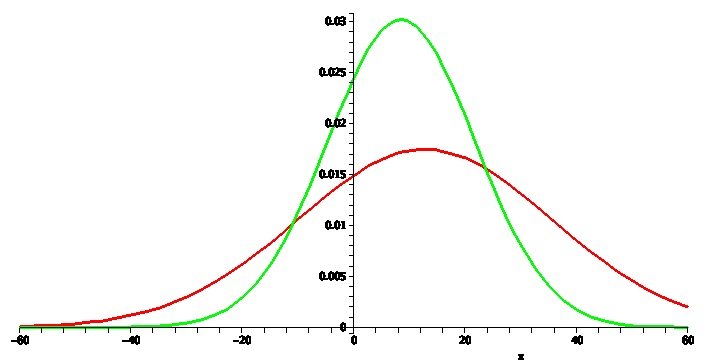Texas Proud
Give me a museum and I'll fill it. (Picasso) Give me a forum ...
- Joined
- May 16, 2005
- Messages
- 17,266
sgeeeee said:Actually (common usage aside) when people make regular fixed contributions from their pay check they are not dollar cost averaging. They are making a lump sum contribution as soon as the lump sum is available. They are following the high percentage probability that lump sum beats DCA.
In order to DCA a regular pay check lump sum, they would need to make regular investments of the pay check surplus spaced out periodically during the interval between paydays. Of course doing that would probably eliminate corporate matching dollars they might otherwise be eligible to receive. So DCAing a regular paycheck would be stupid for at least two reasons.




Dang.... said what I was going to say...
DCA is investing a lump sum over a period of time instead of at one time... if you invest your full lump sum each month, it looks like DCA and reacts like DCA, but is it really??

